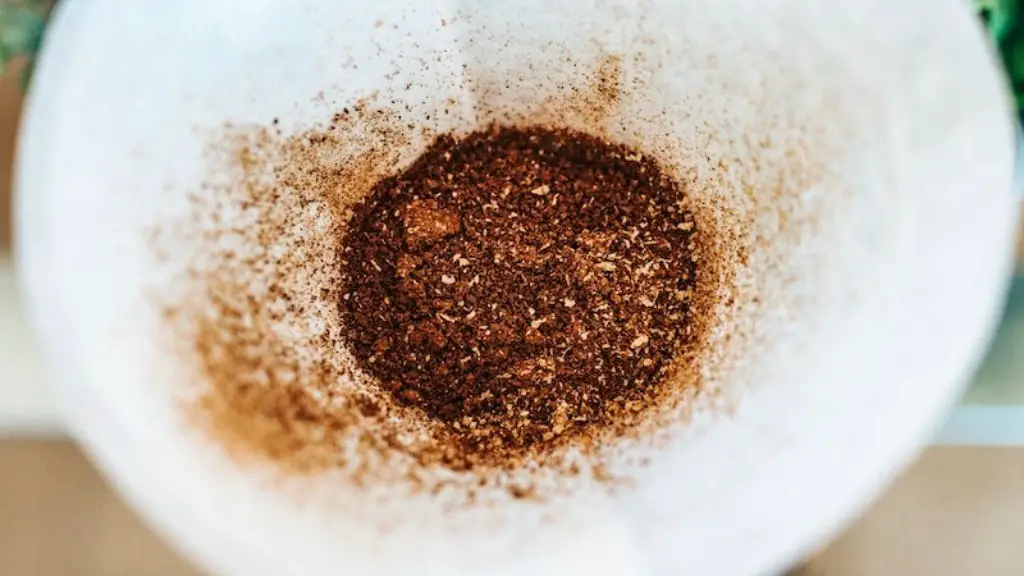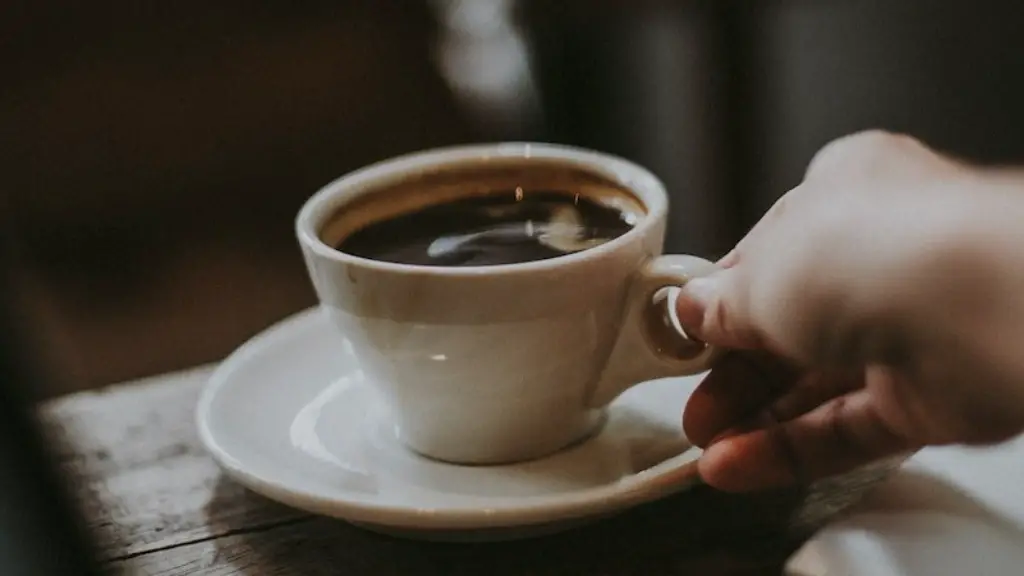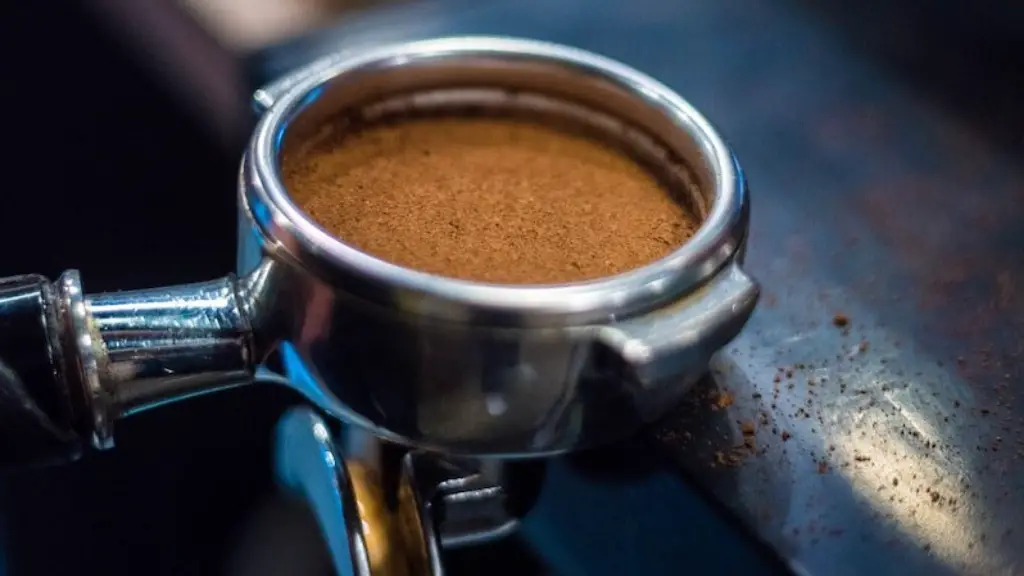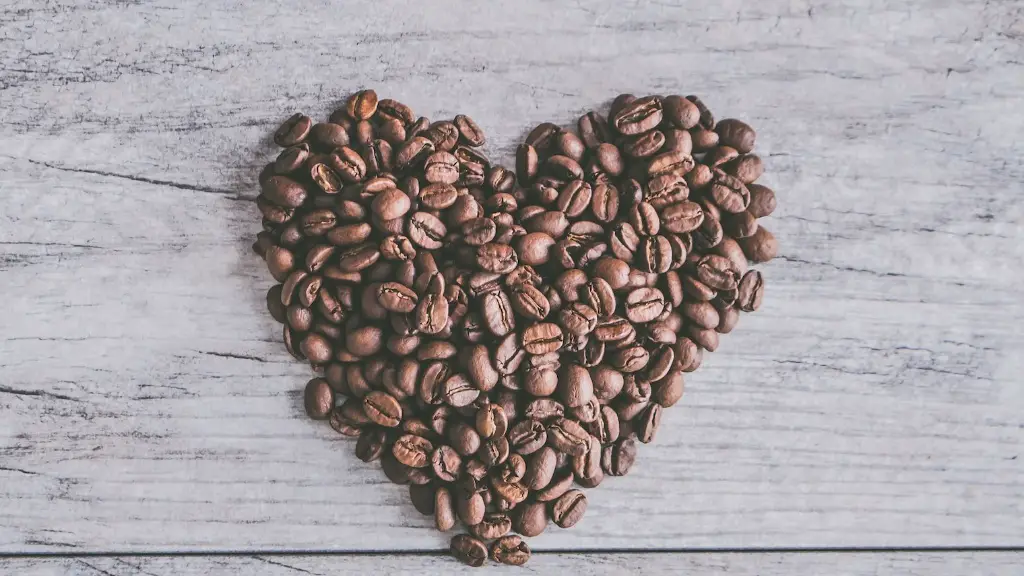Can You Drink Coffee If You Are Fasting for Labs?
When preparing for routine laboratory work, your doctor may ask that you fast – abstain from consuming food and drink for a period of times – for more accurate results. The concern for those who rely on their daily cup of coffee is whether or not it is allowed during a fast. The answer may surprise you.
Caffeine is a stimulant, meaning that it provides a burst of energy and alertness. The common sources for caffeine are tea, coffee and chocolate, but energy drinks and some over the counter medications may also contain it. According to Dr. Kelsey Cassaday, a family practitioner, the effects of caffeine may be felt as soon as 15 minutes after consumption and last up to six hours. During a fast, any potential interruption to test results that could be caused by caffeine consumption must be avoided, but coffee may be permitted if taken in moderation.
Dr. Pamela Wolfe-Vernon, a certified internist, explains that although coffee is not completely off-limits during a fast, it should be consumed in limited quantities. Depending on the caffeine content of the drink and individual sensitivity, even small amounts may be enough to cause a spike in the blood sugar level, altering the results of the tests. It is important to remember that the goal of the fast is to give consistent and reliable results, and if it is unclear how the coffee might affect the outcome, it is best to stay on the safe side and refrain from drinking it.
Many doctors recommend that leaving an eight-hour window between the last cup of coffee and the upcoming tests is ideal, but ultimately it is up to the individual and their doctor to decide. If in doubt, contact the doctor to discuss possible modifications and restrictions. Make sure to drink plenty of water during the fast, as dehydration can also cause inaccurate results. Drinking too much coffee, on the other hand, can overload the system and lead to the unwelcome side effects.
Long-term health benefits have been associated with moderate coffee consumption, such as increased metabolism and enhanced mood. Keep in mind that in many medications caffeine is an active ingredient, so if you are already taking regular doses it can be tricky to decide to stop and when to do so. It is recommended that you speak to your doctor to come up with a plan.
Caffeine In Foods
Caffeine isn’t just found in drinks. It can also be found in energy bars and snacks, though often times in lesser quantities. It is unclear how these foods react in the body when consumed during a fast, but if you do need an energy boost during the process it might be a safer option than drinking coffee.
Dr. Kelvin Chisholm, a dietitian and nutritionist, explains that nutrient dense snacks such as fruits and vegetables can do the trick without causing a spike in blood sugar levels. This is especially important for people with diabetes as any sudden increases in sugar levels may cause serious health issues. It is best to have something small, like an ounce of almonds or a banana, that is low in sugar but still contains the essential vitamins and minerals needed.
Fasting Tips
Fasting is a simple way to improve accuracy during laboratory tests. It is important to determine the type of tests being performed and the procedure that must be followed. It is also critical to acquire information as to what is allowed and what is not. Dr. Cassandra Smith, an endocrinologist, provides the following tips to kept in mind during the course of a fast:
- Drink plenty of water
- Eat nutrient-dense foods
- Consume caffeine in moderation
- Avoid sugary drinks
- Stick to regular mealtimes
- Monitor blood sugar levels
Allowing at least 8 hours of fasting time before the test can help ensure that the results are accurate. If you have questions about what to eat and drink during a fast, ask your doctor for specific guidelines.
Caffeine Withdrawals
If you are a regular coffee drinker, you may also experience caffeine withdrawals during the fast. Symptoms include headaches, fatigue and foggy thinking. These withdrawals can last for several days, so it is important that you plan and prepare for them if you know a fast is coming up. According to Dr. Kim Smith, a clinical psychologist, it is best to start cutting down your caffeine intake gradually before the fast, so the body has time to adjust. This is especially important for people who drink multiple cups of coffee a day.
Your doctor may recommend alternative sources of energy, such as B-complex vitamins, to help during the fast. Taking an Epsom salt bath can also help reduce stress and relax tense muscles. Remember to get plenty of rest, stay away from alcohol and sugary foods and maintain a healthy diet.
Cutting Down On Caffeine Intake
It isn’t easy to eliminate coffee or any other caffeinated drink that you are used to drinking. However, it is important to understand that cutting down on your daily caffeine intake can help improve your overall health, as well as provide more accurate results from laboratory tests. If you are unable to cut back on caffeine, talk to your doctor and come up with a plan that works for you.
Drinking coffee in moderation is often allowed, but ask your doctor if the specific tests that you are doing require an absolute fast. Pay attention to how your body reacts to coffee and other sources of caffeine to be able to assess if it is affecting the results of the tests.
Caffeine Levels In Coffee
The amount of caffeine in coffee can vary dramatically depending on the coffee beans used, the brewing method and the size of the cup. According to Dr. Jason Goodson, a barista and coffee expert, espresso contains the most caffeine, up to 113.5mg per 2-ounce serving, while regular brewed coffee contains the least, ranging from 64.3 to 155.3mg. Keep in mind that the recommended daily intake of caffeine is 400mg per day, so the amount of coffee consumed during a day or two add up quickly.
If you are looking to drink coffee during a fast without causing spikes in blood sugar levels, drink a single cup of brewed coffee with no added sugar or cream. Monitor how your body reacts and always make adjustments accordingly. If you experience any adverse effects, talk to your doctor for personalized advice.
Caffeine Consumption And Heart Health
Caffeine intake can have a powerful effect on your heart. According to Dr. Carola Szemkó, a cardiologist, consuming more than 500mg of caffeine daily can cause an irregular heartbeat and an increased risk of heart disease. This can be dangerous, especially if you have a pre-existing heart condition or are taking specific medications. It is important to talk to your doctor about your individual risk of heart disease and the effect that caffeine might have on it.
The key is to understand your own sensitivity to caffeine, as everyone’s body reacts differently. Some people may be able to drink coffee before laboratory tests, while others need to avoid it completely. It all comes down to knowing your limit and making smart decisions.
Caffeine Sources
Many people rely on coffee to get through the day, but there are alternative sources of energy available. Dr. Stacy Jackson, an integrative medicine specialist, recommends herbal teas and other beverages made with natural ingredients, such as peppermint, green tea, liquorice root and licorice root. She also suggests supplementing with B-complex vitamins, after consulting with the doctor, as this can help provide natural energy without the stimulating effects of caffeine.
Meditation, relaxation techniques and light exercise can also be helpful in providing energy and keeping you alert. These activities are especially important if you are fasting for extended periods of time as they can help keep your energy levels up throughout the process.
Conclusion
During a fast, coffee consumption must be kept to a minimum as it can have a direct impact on the results of laboratory tests. It is important to talk to your doctor and to get individualized advice on what amount of caffeine is safe for you. Knowing your caffeine consumption and alternate sources of energy is critical, as is understanding your individual sensitivity to caffeine. Following these steps can help ensure that your fasting and lab tests are as stress-free and accurate as possible.





